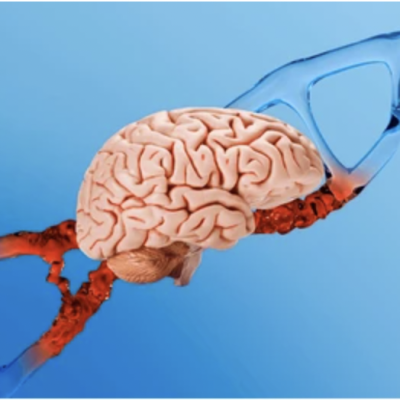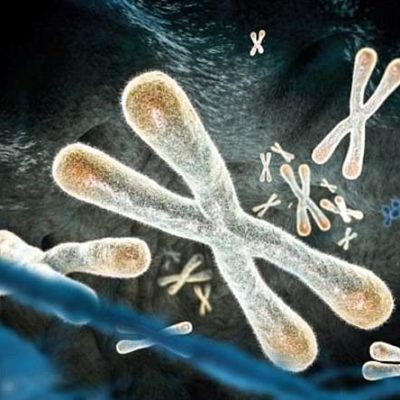Dogs are known for their strong attachment to humans, and a recent study by Bridgett von Holdt and her colleagues at Princeton University has shed light on why this is the case. The researchers analyzed the genetic basis of dogs to understand what led to their social and human-oriented behavior during domestication. They found that a mutation in dogs’ genes, which causes them to behave hypersocially, has been further strengthened through breeding. The study, published in Science Advances, compared the behavior of 18 domesticated dogs and 10 wolves in the presence of humans. The results showed that dogs were more likely to seek help from humans and maintain contact with them, even with strangers. This behavior is similar to that of individuals with Williams-Beuren Syndrome, a rare genetic disorder that causes hypersocial behavior in humans.
The researchers discovered that the same gene complex responsible for Williams-Beuren Syndrome in humans is also responsible for the hypersocial behavior of dogs. This gene mutation was found in the same region of the genome in dogs as in humans. The study suggests that domestication not only changes the physical appearance of dogs but also causes a mutation in their genes. This mutation has been further strengthened through breeding, particularly with dogs that already exhibit social behavior towards humans. Although the researchers did not find a “social gene,” they did identify an important genetic component that shapes the personality of dogs and promotes the domestication process from wild wolves to tame dogs.
The study’s findings provide insight into the unique relationship between dogs and humans. Dogs’ hypersocial behavior towards humans is not only due to their domestication but also to a genetic mutation that has been further strengthened through breeding. This research could have implications for understanding the genetic basis of social behavior in other animals and humans.










